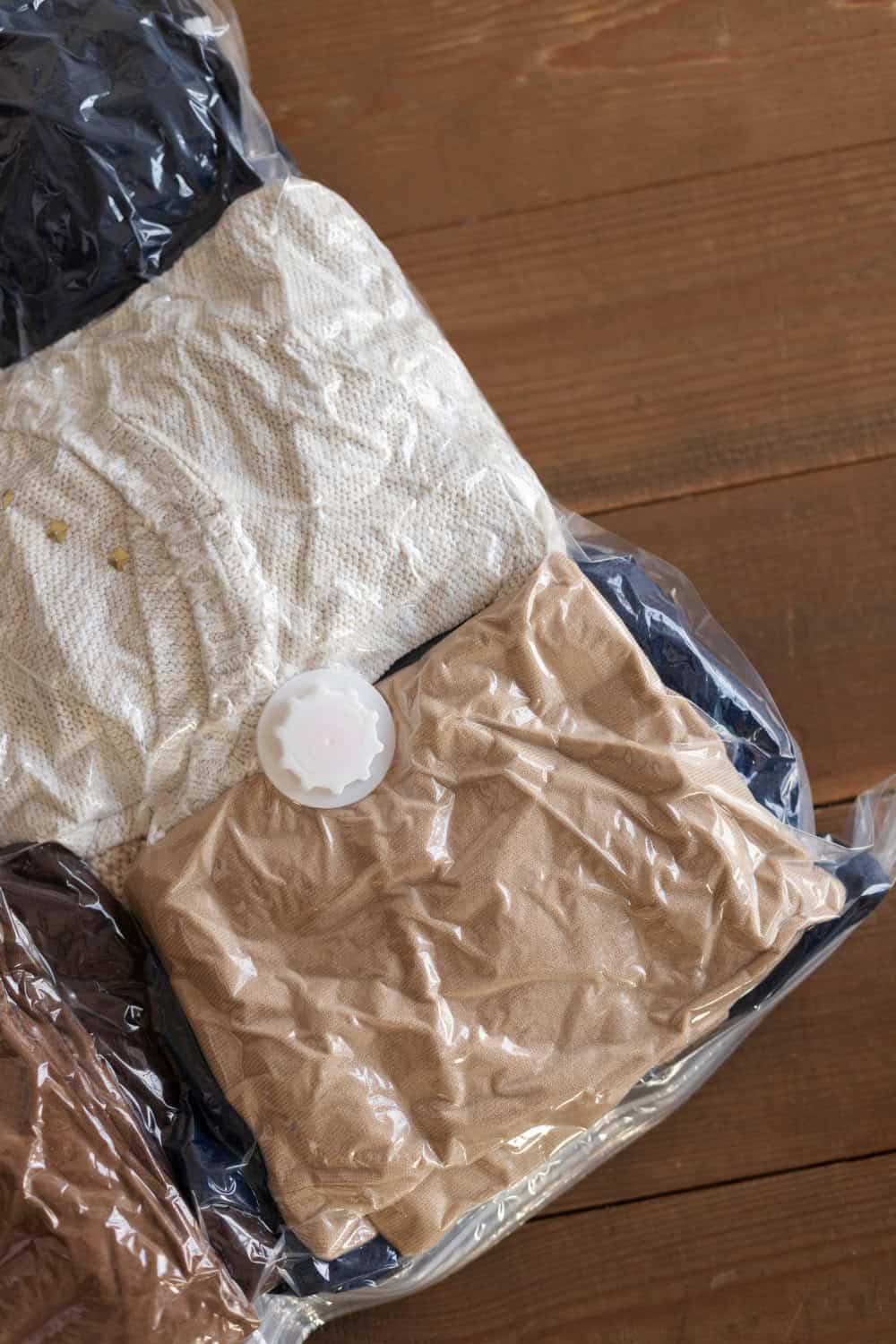
Winter Bedding: Clean and Store Guide
Table of Contents
As we move to the warmer weather and days, it’s time to pack away your winter bedding and make room for lighter linens. Properly cleaning and storing your winter bedding ensures it remains fresh and in good condition for the next cold season. Follow this guide to keep your Duvets, blankets, and cotton sheets in top shape.
Step 1: Gather Your Winter Bedding

Collect all the winter bedding you plan to store. This includes:
Comforters and duvets
Heavy blankets
Flannel and Cotton sheets
Wool or fleece throws
Mattress toppers and protectors
Step 2: Check Care Labels
Before washing, check the care labels on each item. Different materials require specific care:
Down Comforters: Typically machine washable but often need a gentle cycle and low heat drying.
Wool Blankets: Usually require dry cleaning or gentle hand washing.
Flannel and Cotton Sheets: Can often be machine washed but should be dried on low heat to prevent shrinking.
Synthetic Fibers: Generally machine washable and can withstand regular drying.
Step 3: Pre-Treat Stains
Inspect each item for stains and pre-treat them before washing. Use a gentle stain remover and follow these steps:
Apply the stain remover to the stained area.
Let it sit for at least 10-15 minutes.
Gently rub the stain with a soft brush or cloth.
Step 4: Wash According to Instructions
Follow the care label instructions carefully. Here are some general tips for washing different types of winter bedding:
Comforters and Duvets

Down or Feather-Filled: Use a front-loading washing machine. Wash on a gentle cycle with cold water and a small amount of mild detergent. Add a few tennis balls or dryer balls to the dryer to help fluff the filling.
Synthetic Fillings: Similar to down, but can often handle a slightly warmer wash and dry cycle.
Wool Blankets

Dry Clean: If the label recommends it, take your wool blankets to a professional dry cleaner.
Hand Wash: Use cold water and a special wool detergent. Lay flat to dry to maintain shape.
Flannel Sheets

Machine Wash: Use warm water and a mild detergent. Avoid fabric softeners as they can reduce the absorbency and softness of the flannel.
Dry: Tumble dry on low heat or line dry to prevent shrinking.
Step 5: Dry Completely
Ensure all items are thoroughly dry before storing. Damp bedding can lead to mold and mildew growth. For thicker items like comforters and heavy blankets, it may be necessary to run multiple drying cycles.
Step 6: Repair Any Damage
Check for any rips, tears, or loose threads and repair them before storing. This prevents minor damages from becoming bigger issues.
Step 7: Store Properly

Choose the Right Storage Method
Vacuum-Sealed Bags: A vacuum bag is ideal for reducing space and keeping items airtight. Not recommended for a down comforter as it can compress the filling too much.
Cotton Storage Bags: A cotton bedding bag will allow fabrics to breathe, which is important for natural fibers like wool or heavier blankets.
Plastic Bins with Lids: Plastic boxes with lids can protect from moisture and pests. Ensure the container is clean and dry before use.
Add Protection
Cedar Balls or Sachets: Place these in your storage containers to deter moths and add a fresh scent.
Silica Gel Packets: Help absorb any moisture and keep bedding dry.
Store in a Cool, Dry Place

Avoid Basements and Attics: It is best not to store bedding in these areas as they are often prone to temperature fluctuations and moisture. A linen closet or under-bed storage unit in a climate-controlled room is the ideal location.
Conclusion
By following these steps, you’ll ensure that your winter bedding is clean, fresh, and ready for use when the temperatures drop again. Proper care and storage will extend the life of your bedding and keep it in great condition year after year.



